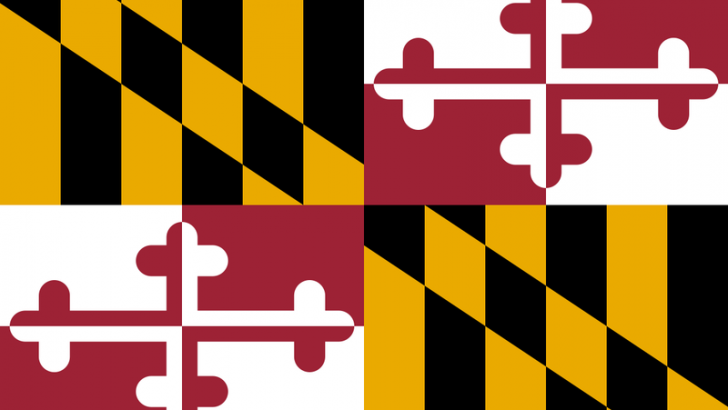In the state of Maryland, naming regulations are put in place to protect children from potentially harmful or controversial names. This list explores 15 baby names that have been banned in Maryland, along with the reasons behind these prohibitions.
1. Lucifer
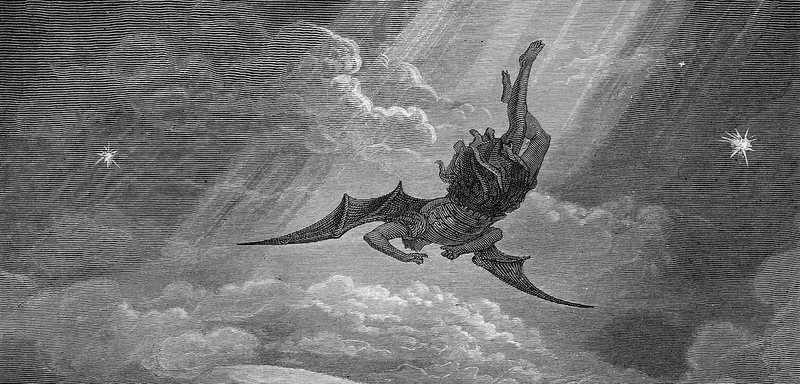
Lucifer, a name often associated with the fallen angel in Christian theology, sparks controversy due to its negative connotations. Naming a child Lucifer can lead to societal challenges and misconceptions, prompting Maryland to ban it.
The name’s historical roots tie back to Latin, meaning ‘light-bringer,’ a stark contrast to its modern-day association.
Parents might find it appealing for its unique sound, but the baggage it carries is substantial, making it unsuitable for a child in a community setting.
2. Adolf Hitler
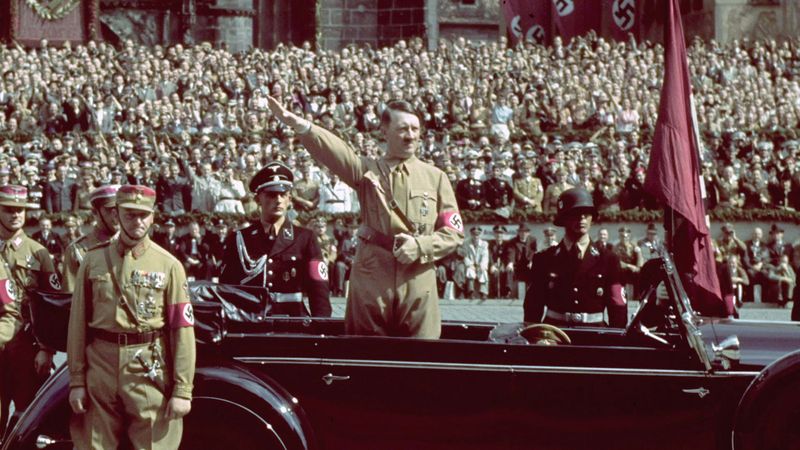
Naming a child Adolf Hitler is fraught with historical baggage, given its association with one of history’s most infamous figures. This name evokes trauma and suffering, leading to its prohibition in Maryland.
The gravity of this name stems from World War II atrocities, making it profoundly inappropriate.
Such a name could lead to social alienation and misunderstanding, as it carries with it connotations of hatred and violence. It’s a choice that Maryland law deems unacceptable to protect children from undue prejudice.
3. @
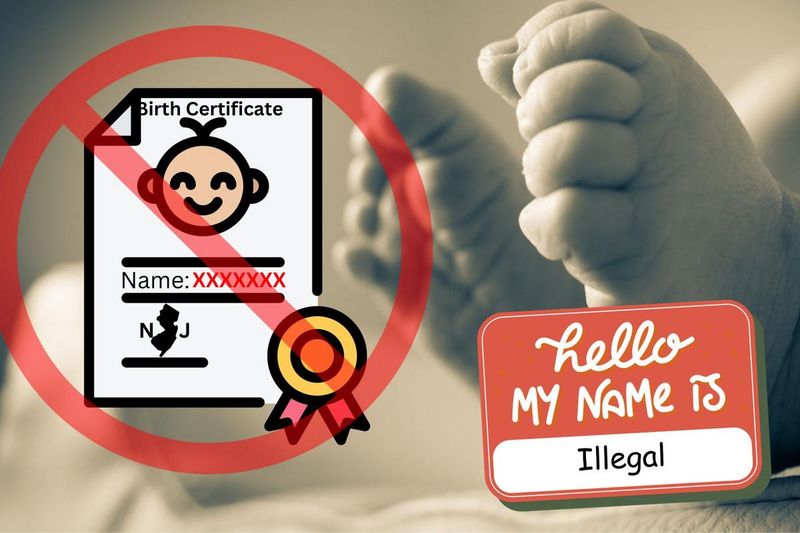
In an age dominated by digital communication, using ‘@’ as a name showcases creativity but also absurdity. Maryland’s ban on such symbolic names stems from practicality and potential confusion.
Symbols like ‘@’ lack linguistic substance and can lead to bureaucratic nightmares when entered into legal documents.
While it may appeal to tech-savvy parents looking for a modern twist, Maryland ensures names maintain traditional structures to prevent future complications for the child.
4. Princess

Though ‘Princess’ seems regal and charming, Maryland considers it inappropriate due to its title-like nature. Names that imply nobility can create unrealistic expectations for a child.
The concern is that such names might encourage entitlement or a skewed sense of identity.
While ‘Princess’ can be a delightful nickname, Maryland ensures official names support a child’s realistic development and societal interaction without undue pressure.
5. III (Third)
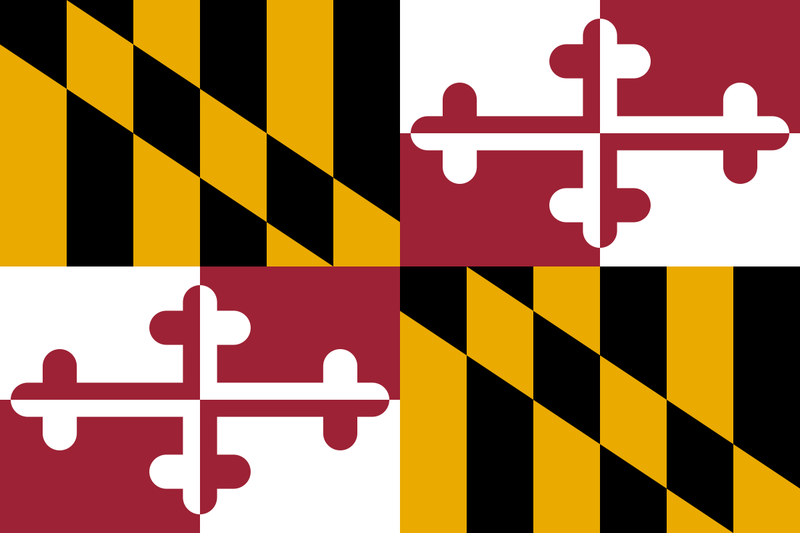
Using numeric indicators like ‘III’ as a standalone name is more than just unconventional; it’s confusing. Maryland’s regulations discourage such practices because they can complicate identity verification.
Generational titles, while traditional, are intended as suffixes, not primary identifiers.
This approach ensures clarity in daily interactions and legal processes, protecting identity integrity for individuals. Maryland’s stance is to prevent ambiguity that can arise from numeric designations alone.
6. Messiah
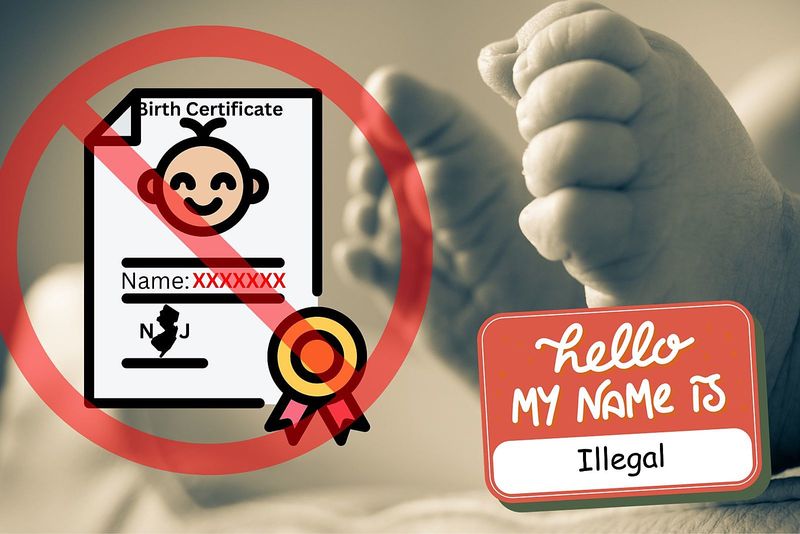
The name ‘Messiah’ carries significant religious weight, often seen as inappropriate for a child. In Maryland, such names are banned to prevent potential cultural or spiritual offense.
This prohibition reflects a respect for religious sentiment, avoiding names that could be seen as blasphemous.
While meant to convey greatness, it may lead to unrealistic expectations or even offense in multicultural settings, thus Maryland restricts its usage.
7. Jesus Christ

‘Jesus Christ’ is revered globally, making it a deeply sacred combination unsuitable as a child’s name in Maryland. The state’s ban respects religious traditions and the potential for causing discomfort or offense.
This name, while iconic, places undue weight on a child, possibly leading to societal and personal challenges.
Maryland ensures such profound names are reserved for their historical and spiritual significance, not everyday use.
8. Nutella
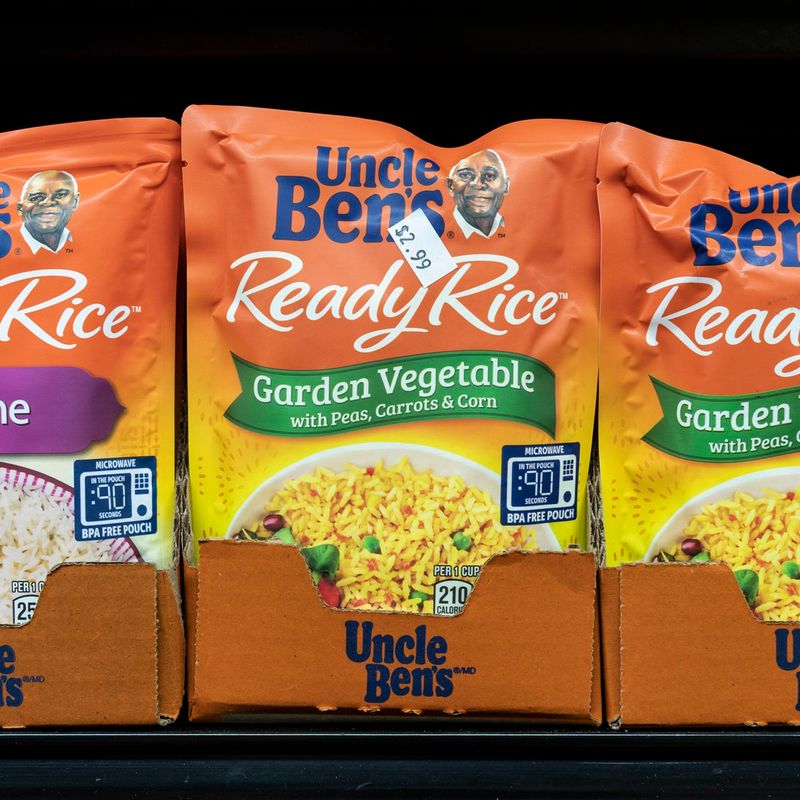
Naming a child after a beloved chocolate spread like ‘Nutella’ may seem cute but is far from practical. Maryland’s ban on such brand-related names is to avoid commercial influence.
Names like this could subject a child to teasing or typecasting based on consumer products.
While ‘Nutella’ might bring smiles, it lacks the gravitas expected in formal settings, prompting Maryland to steer clear of brand-related identity conflicts.
9. Bong
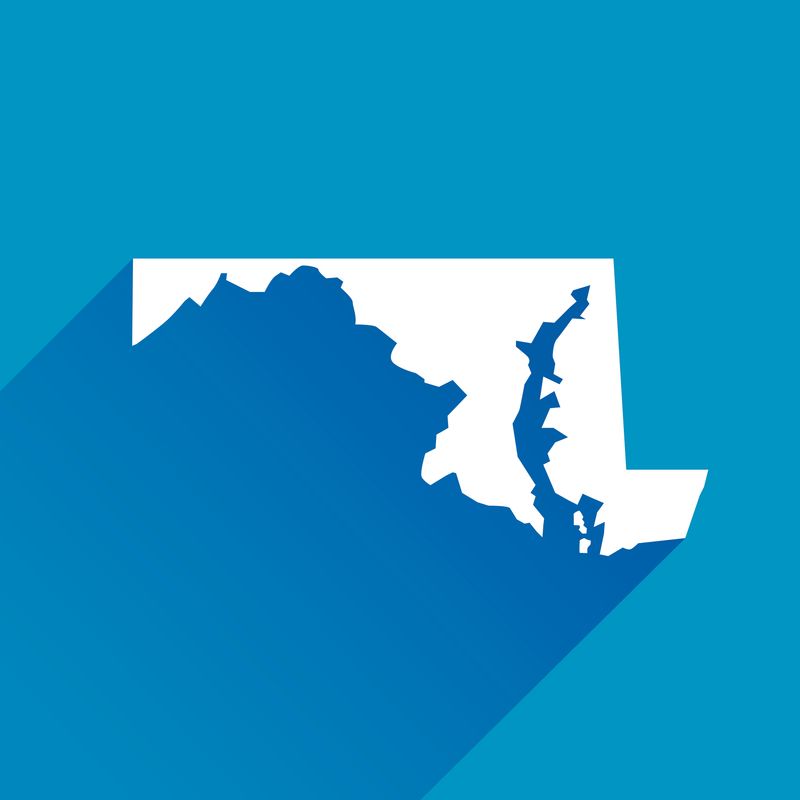
The name ‘Bong’ finds itself banned due to its association with drug culture. Maryland’s stance is rooted in protecting the child from stigma or assumptions tied to such a name.
Names with drug-related connections can lead to misunderstandings or prejudice, especially in environments like schools.
The ban ensures children grow up without unwarranted scrutiny or assumptions based on their name alone, fostering a more neutral landscape.
10. King

While ‘King’ sounds powerful, Maryland prohibits it due to its title-like implications. Such names can set unnecessary pressures or create skewed self-images.
The concern is that names implying authority might not suit every child’s personality, leading to potential self-esteem issues.
Maryland’s rules aim to offer names that encourage personal growth without predetermined societal roles, ensuring a balanced development.
11. Devil
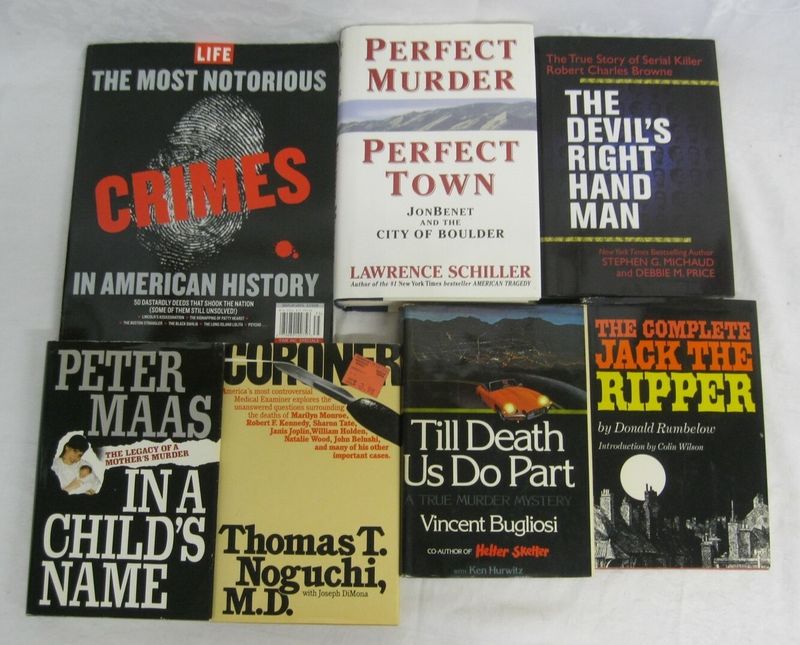
The name ‘Devil’ conjures images of mischief and malevolence, making it unsuitable for a child in Maryland. The state’s ban is aimed at preventing negative stereotypes or bullying.
Such a name can overshadow a child’s true nature, burdening them with preconceived notions from an early age.
Maryland encourages names that foster positive interactions and identities, steering clear of those that could invite unnecessary conflict or misunderstanding.
12. Hermione Granger
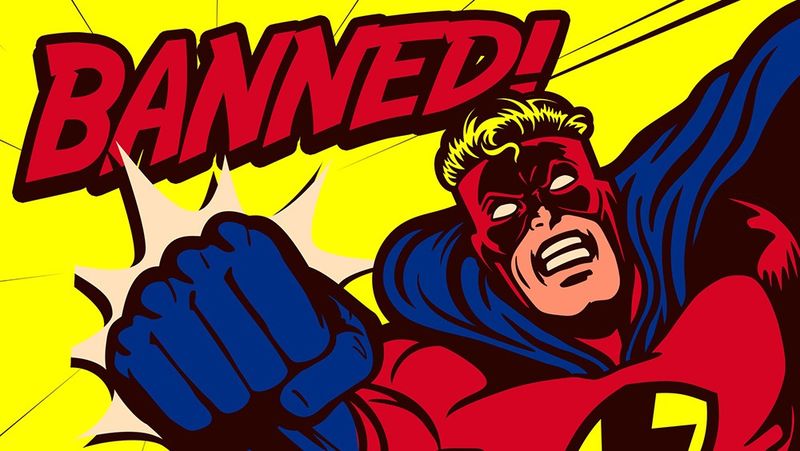
Inspired by the famous Harry Potter character, ‘Hermione Granger’ is banned in Maryland to avoid copyrighted names. Such names can lead to legal complications or societal expectations based on fictional personas.
While the character embodies intelligence and bravery, using this exact name may burden a child with unrealistic comparisons.
Maryland’s regulations aim to protect identity originality, avoiding the legal and social pitfalls of naming after well-known fictional characters.
13. Superman

Naming a child ‘Superman’ might seem heroic but Maryland bans it to avoid trademarked names. Such names can bring legal challenges and unrealistic expectations of heroism.
While it’s a symbol of strength, the name can overshadow a child’s own merits and personality.
Maryland’s guidelines ensure names support personal identity development without external pressures from iconic figures, promoting a healthy, individual growth path.
14. 007

With its strong ties to the James Bond franchise, ‘007’ is prohibited in Maryland to prevent commercial and copyright issues. Such numeric names can confuse legal systems and imply a persona that’s not inherent to the individual.
While it’s synonymous with espionage excitement, it’s impractical for everyday identification and personal development.
Maryland’s ban ensures names support a child’s unique identity rather than borrowed glamour from entertainment media.
15. Cyanide
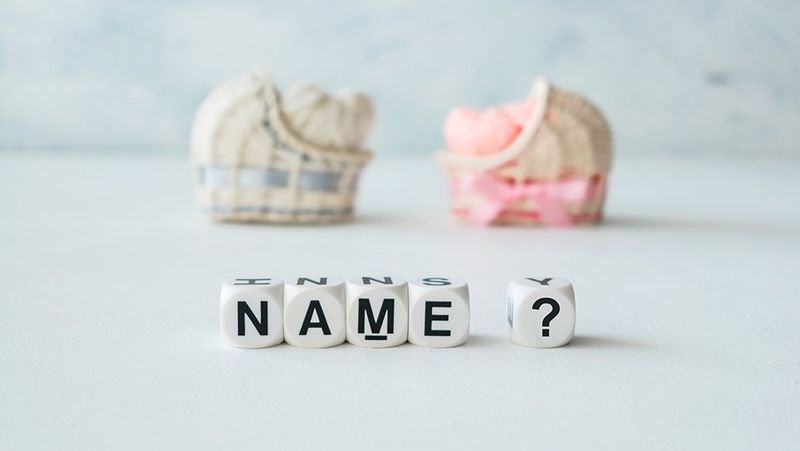
The name ‘Cyanide’ is starkly linked to toxicity, making it an alarming choice for a child. Maryland bans it to protect children from names associated with harm or fear.
Such a name can instigate anxiety or distress, both for the individual and those they interact with.
Maryland’s regulations ensure names foster a sense of safety and positivity, steering clear of those that could evoke negative emotions or reactions.

Well, hello there!
My name is Jennifer. Besides being an orthodontist, I am a mother to 3 playful boys. In this motherhood journey, I can say I will never know everything. That’s why I always strive to read a lot, and that’s why I started writing about all the smithereens I came across so that you can have everything in one place! Enjoy and stay positive; you’ve got this!

